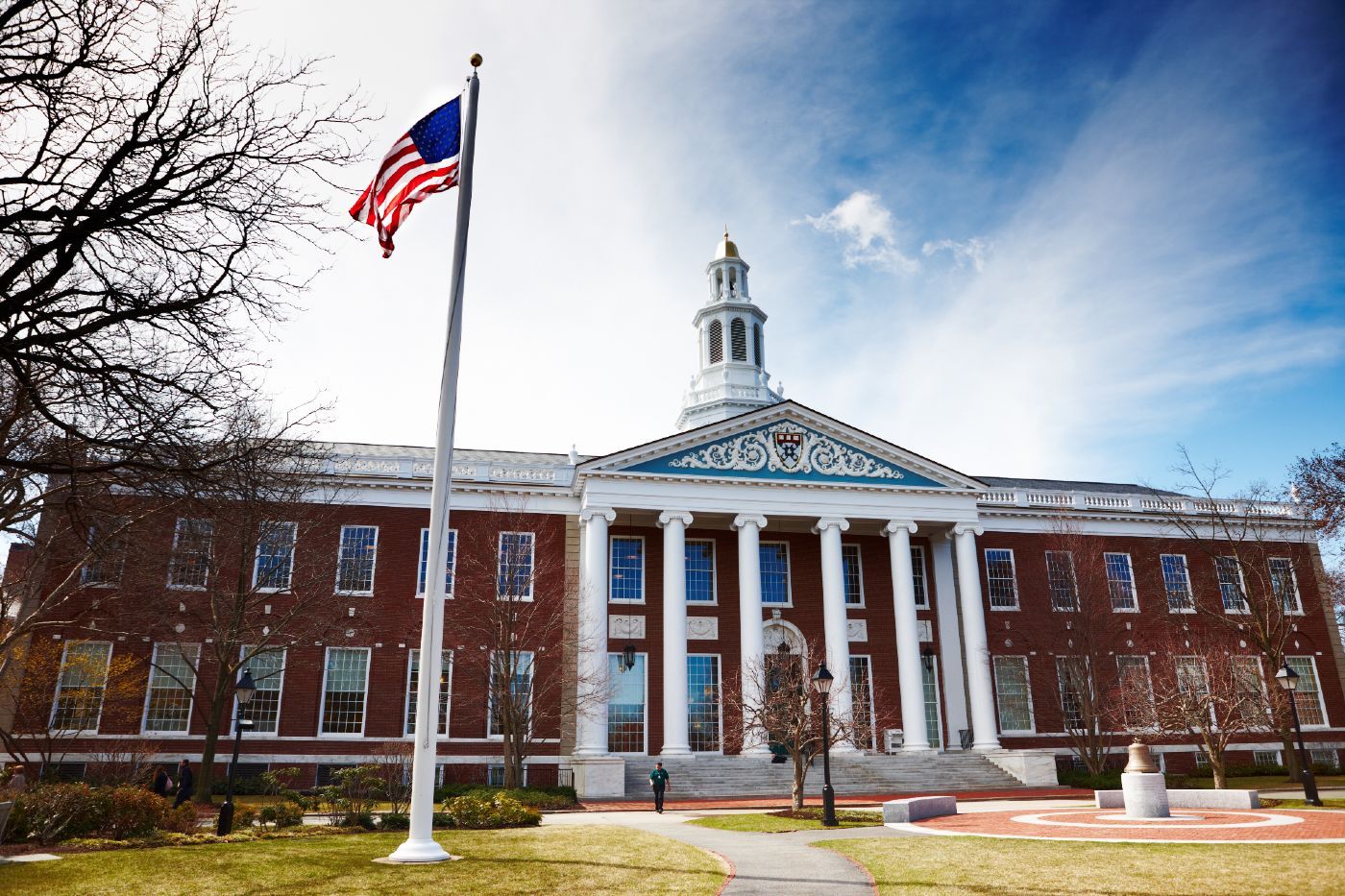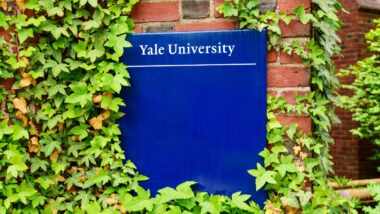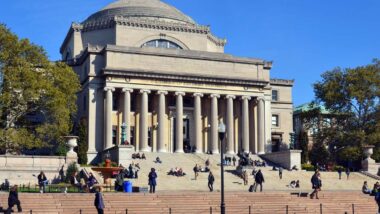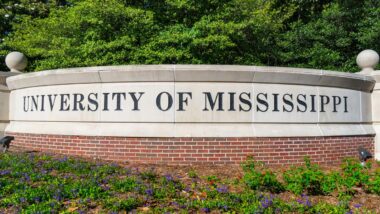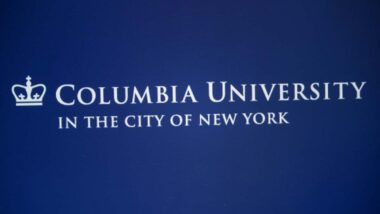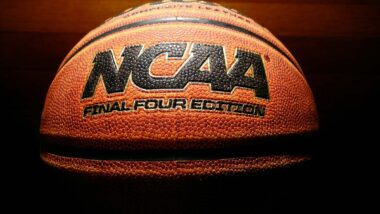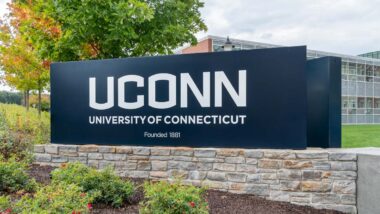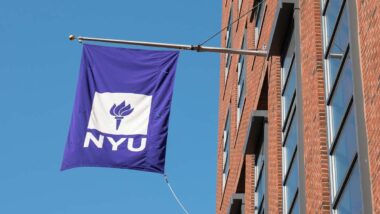Top Class Actions’s website and social media posts use affiliate links. If you make a purchase using such links, we may receive a commission, but it will not result in any additional charges to you. Please review our Affiliate Link Disclosure for more information.
The 1st Circuit Court of Appeals has reportedly backed Harvard in a lawsuit alleging the institution’s race-conscious admissions policy results in racial bias against Asian American applicants.
Advocacy group Students for Fair Admissions lodged the lawsuit in 2014, claiming Harvard’s admissions policy violates Title IV of the Civil Rights Act. The group claims admissions officers at the elite institution use a subjective “personal rating” to discriminate against Asian American applicants. The personal rating reportedly includes factors such as likeability and kindness.
According to the complaint, six years of admissions data from Harvard shows racial bias against Asian Americans, with the group receiving top academic scores but the lowest personal rating scores.
The lawsuit also alleges Harvard uses a policy of “racial balancing” that amounts to quotas to ensure its student body is diverse.
According to the Philadelphia Inquirer, Harvard maintains it is in line with legal precedents when it comes to using race in its admissions process. Officials reportedly admit certain minorities that are underrepresented in their student body may get chosen in close calls, but they maintain race is never a detriment to an applicant.
In 2019, Harvard was successful in defending its admissions policy in federal court.
A judge reportedly ruled that, although Harvard’s admissions procedures were “not perfect,” they did not include any racial animus — falling in line with Supreme Court rulings.
Students for Fair Admissions appealed the ruling, and arguments from both sides were reportedly heard in September of this year. The judges recently issued a ruling upholding the lower court’s decision.
According to the ruling, the statistical analysis of Harvard’s admissions process is not evidence of racial bias. Indeed, the appeals court found Harvard had not intentionally discriminated against Asian American applicants. Further, the court determined the evidence did not support the allegation that the institution was trying to fill racial quotas in an attempt to keep its student body diverse.
“Harvard has demonstrated that it values all types of diversity, not just racial diversity,” the ruling said. “Harvard’s use of race in admissions is contextual and it does not consider race exclusively.”
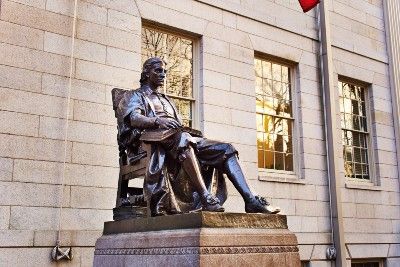
“According to [the plaintiff’s] own expert’s analysis, Harvard rejects more than two-thirds of Hispanic applicants and slightly less than half of all African American applicants who are among the top 10% most academically promising applicants to Harvard in terms of standardized test scores and GPA,” the ruling noted. “Harvard’s admissions process is so competitive that race is not decisive for highly qualified candidates.”
Representatives of the plaintiff reportedly expressed disappointment about the 1st Circuit’s ruling, but said they are willing to take the case all the way to the Supreme Court.
“This lawsuit is now on track to go up to the U.S. Supreme Court where we will ask the justices to end these unfair and unconstitutional race-based admissions policies at Harvard and all colleges and universities,” the president of Students for Fair Admissions told Philadelphia Inquirer reporters.
Similarly, Harvard officials reportedly say they are ready to defend their admissions process in the Supreme Court as well.
“The consideration of race, alongside many other factors, helps us achieve our goal of creating a student body that enriches the education of every student,” Harvard’s president said after the 1st Circuit’s decision was issued, according to The New York Times. “Diversity also represents a pathway for excellence for both Harvard and the nation. We will continue to defend these principles and our admissions process all the way to the Supreme Court, if necessary.”
Harvard is a challenging institution to attend.
According to The New York Times, just under 5% of applicants were accepted in 2018.
According to testimony from the first trial, in addition to a rigorous review of grades, admissions officers consider “effervescence, charity, maturity and strength of character,” along with other personal characteristics.
In addition, The Times reports advantages are given to many groups during the Harvard admissions process, including legacies, children of rich donors and important people, as well as athletes and children of Harvard employees.
What do you think of allegations of racial bias in Harvard’s admissions process? Tell us in the comment section below.
Students for Fair Admissions is represented by J. Michael Connolly, William S. Consovoy, Thomas R. McCarthy, Cameron T. Norris and Patrick N. Strawbridge of Consovoy McCarthy PLLC; John M. Hughes of Bartlit Beck LLP; and Adam K. Mortara.
The Harvard Racial Bias Lawsuit is Students for Fair Admissions v. President & Fellows of Harvard, Case No. 19-2005, in the U.S. Court of Appeals for the 1st Circuit.
Read About More Class Action Lawsuits & Class Action Settlements:
- Justice Dept. Accuses Yale of Racial Discrimination Against Applicants
- McDonald’s Black Franchisees File Class Action Lawsuit Claiming Racial Discrimination
- Albertson’s Employees to Receive $1.5M in Wage and Hour Class Action Settlement
- Exxon and PBF Energy Reach $4.4M California Wage and Hour Settlement

